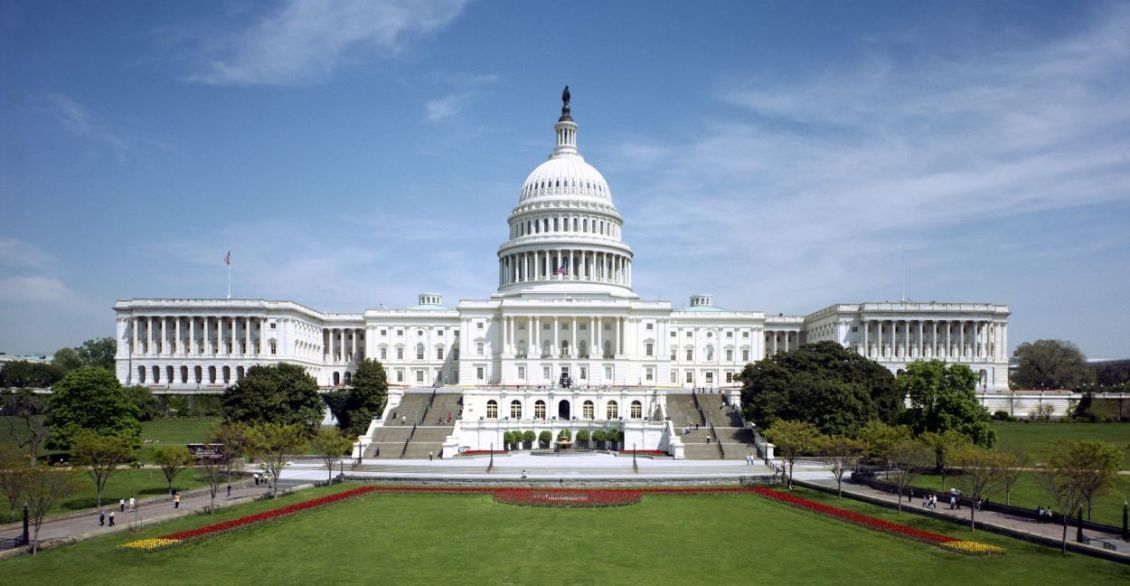On October 18, Senate Appropriations Committee Chairman Patrick Leahy (D-VT) released the committee’s nine remaining Fiscal Year 2022 (FY22) appropriations bills, including proposed FY22 spending bills for HUD and Treasury.
Transportation, Housing and Urban Development and Related Agencies (THUD)
The FY22 THUD spending bill would provide $65.4 billion for HUD, an increase of $5.7 billion above the FY21 enacted level. Overall, the Senate did not provide as much funding as proposed in the House.
Still, the legislation includes strong funding levels for many critical affordable housing and community development programs, specifically:
- $27.7 billion for Tenant-Based Rental Assistance (TBRA), $1.9 billion more than FY21, and close to $1.5 billion less than the House bill
- $13.97 billion for Project-Based Rental Assistance (PBRA), $505 million over FY21, $40 million below the House level
- $5 billion for the Public Housing Operating Fund, $180 million above FY21, and roughly $120 million above the house bill
- $3.8 billion for the Public Housing Capital Fund, $852 million more than FY21, and $76 million more than what was offered in the House bill
- $4.19 billion for the Community Development Fund, roughly $715 million above FY21, and close to $500 million below the House level
- $3.26 billion for Homeless Assistance Grants, $260 million above FY21, $160 million below the House bill
- $1.45 billion for HOME, $100 million above FY21, $400 million lower than the House bill
- $956 million for the Section 202 Housing for the Elderly, $101 million more than FY21, more than $75 million below the House proposal
- $227 million for Section 811 Housing for People with Disabilities, level with FY21, $125 million lower than the House bill
- $41 million for Section 4, the same amount provided in FY21, $4 million below the House funding level
According to estimates, the amounts provided in the bill for TBRA and PBRA would be enough to renewal all existing contracts. The proposal falls short, however, of what was included in the President’s budget request and what the House provided in their legislation.
For example, the Senate failed to include the administration’s request for an expansion of the rental assistance program to an additional 200,000 households. The House bill provided enough funding for the program to reach an additional 125,000 households.
The FY22 Senate THUD spending bill also includes one of Enterprise’s top legislative priorities, the Reforming Disaster Recovery Act (S.2471).
This piece of legislation is designed to accelerate assistance to disaster-impacted communities by permanently authorizing the Community Development Block Grant-Disaster Recovery (CDBG-DR) program and making improvements to the program’s operations.
As THUD Appropriations Committee Chair and S. 2471 sponsor, Senator Brian Schatz (D-HI) noted, this legislation “represents our commitment to building a stronger, more resilient infrastructure system in the face of the climate crisis and worsening natural disasters.”
We applaud the inclusion of this critical language in the bill, as it will improve our nation’s disaster recovery system and allow for taxpayer dollars to get to work on the ground rebuilding communities with greater speed and accountability. Learn more about the Reforming Disaster Recovery Act in a new blog post from Enterprise’s Policy Analyst Ayate Temsamani.
More information on the THUD bill can be found in this summary or the full bill text.
Financial Services and General Government (FSGG)
Excluding funding for the Internal Revenue Service, the FY22 FSGG spending bill provides $1.8 billion for Treasury. This represents a $265 increase over the FY21 enacted level.
A large portion of that increase was allocated to Treasury’s Community Development Financial Institution (CDFI) Fund, which received $360 million, $90 million above what was appropriated in FY21, and $30 million above what was offered in the House bill.
More information on the FSGG bill can be found in this summary or the full bill text.
Next Steps
The current continuing resolution funding the federal government is set to expire on December 3.
While the release of the Senate democrats’ priorities on the remaining nine appropriations bills will help move the process along, in order to finalize a deal before the deadline, Senate Democrats need to broker a bipartisan agreement.
A key step in breaking the partisan logjam is for the two sides to reach an agreement on top-line numbers for defense and non-defense programs.
Until such an agreement is reached, Vice Chairman of the Senate Appropriations Committee Richard Shelby (R-AL) has indicated that republicans will not approve any more individual spending bills.
A successful appropriations process rests on trust and bipartisan cooperation like we had in recent years under the Shelby/Leahy framework. Regrettably, we’re a long way from that now.
Vice Chairman Richard Shelby (R-AL)
Enterprise encourages Congress to finalize FY22 appropriations legislation before the current Continuing Resolution expires and provide the highest level of funding possible for affordable housing and community development programs in the final text.
